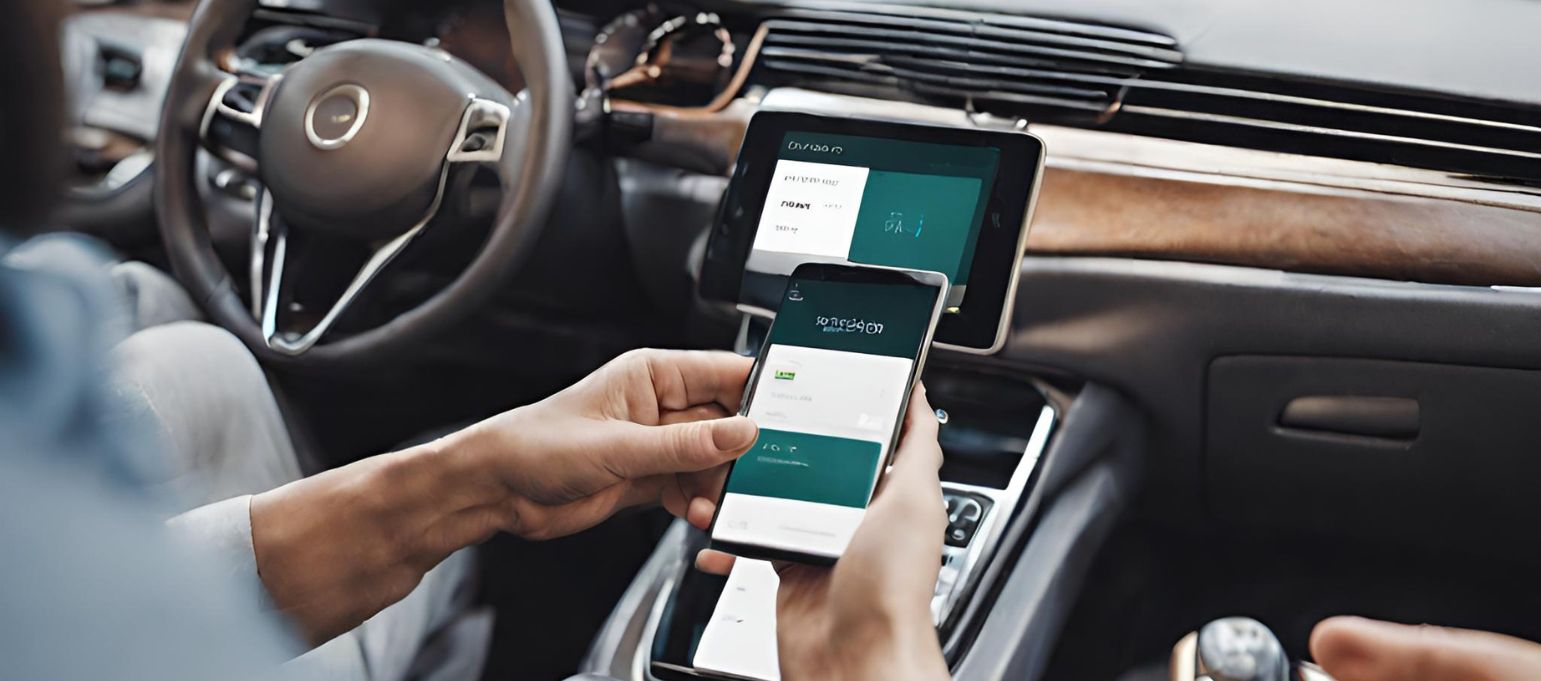Visa has joined the in-vehicle payment revolution. The brand’s heritage is in plastic credit cards, but for quite some time, it’s been a sophisticated global digital-payments platform.
Its Visa Acceptance Solutions division has entered a partnership with Sheeva.ai, which enables digital payments using network tokens activated from the dashboards inside vehicles.
“Network tokens are the latest tool introduced by card networks to enable secure digital payments,” said Evgeny Klochikhin, CEO and Founder of Sheeva.ai. “These tokens are technically issued by the bank and support credit card payments even after the card itself gets replaced due to expiration or loss, which allows for smoother transaction experience.”
The “token” is a cryptographic digital identifier that assigns random values to substitute for the user’s real data for the sake of completing a transaction. To a hacker, it looks like gibberish, so it keeps the customer’s accounts and assets safe in a potentially $30-billion global marketplace, he added.
Using the Cybersource Token Management Service part of Visa Acceptance Solutions, Sheeva.ai is driving the first multi-use tokenization platform for in-vehicle payments by using precise vehicle location to authorize payments at the point of service.
“Tokenization is becoming the global standard for secure payments of all kinds,” said Jignesh Kacheria, Vice President of Product Management for Visa, in a statement.
Klochikhin said token systems minimize the potential for fraud in digital payments, giving peace of mind to both merchants and customers.
For example, the token system securely stores individual payment information to not only make in-vehicle transactions seamless but also makes it more secure without having to keep the credit card on file or during transmission of raw data to payment processors. Drivers can use the one-touch dashboard system to re-fuel a gas-powered vehicle, re-charge an EV, for parking, tolls, drive-thru, curb-side pickup and other retail transactions.
Customers need not download extra apps nor constantly update their payment information even as the credit-card date expires. The Sheeva.ai product suite is not an app. Its SheevaFence™ and SheevaLocate™ capabilities are installed in the car’s OS and can be added as an over-the-air update to existing connected cars.
“As a customer, you only sign up once and all existing and future use cases are automatically enabled for you inside the car,” Klochikhin said.
He was circumspect about how many entities such as car brands have signed up for the token service but said the company expects to launch with a global OEM in Asia next year and with another automaker later in 2024 in North America.
“Many services will be available to U.S. drivers by mid-2024,” Klochikhin said. “Each member of the household could have a separate digital wallet. Beyond households, imagine a fleet use case, where there could be 20-30 different drivers for a particular van or bus. Each driver would use their own profile during operation, keeping transactions separated by operator for the head office.”
Sheeva.ai is also designing an EV Lounge, though it is still at the concept phase. The idea is that the Sheeva.ai dashboard suite can connect EV stations to all surrounding retailers and restaurants in the area.
On arrival, users can activate the station, explore shops and restaurants, and order food from within their cars and get a digital receipt dropped into the vehicle wallet.
Security, versatility, and convenience are the three top features of the token system, according to Klochikhin. No personally identifying data is exposed, and the token anonymizes data for use within the car.
The token created is usable across multiple types of transactions, from re-fueling to goods from a convenience store.
Physicality of the “money” is non-existent. Besides your finger on the dashboard, users have no swipes, no taps, no paper receipts.

